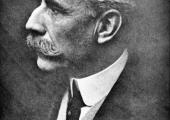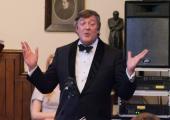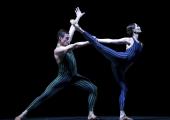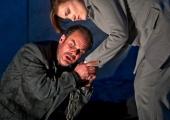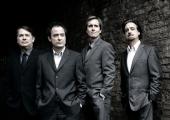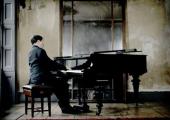Classical CDs Weekly: Beethoven, Dvořák, Strauss
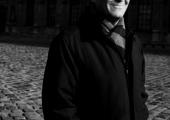
Period symphonies, mono Rostropovich and virtuoso LSO (in Eighties knitwear)
This week we’ve a brilliant, budget-priced box of Beethoven symphonies played on authentic instruments. It’ll remind you of how much fun there is to be had with this most iconic of composers. A historical recording of a famous cellist reappears, but the best reason to listen to the disc is to hear a famous Czech conductor achieving miracles. And there’s an entertaining, educative DVD featuring a conductor who’s in his element when addressing an audience.



